Innovative new technology which can detect where and when water bursts are likely to happen saved Scottish Water £2 million in 2018 – and prevented more than 2,000 bursts across the country.
Scottish Water is the first water utility in the UK to use innovative surge technology to predict the location and timing of where a burst will happen. It does this by looking at the cause and effect of previous bursts and previous customer contact in relation to bursts and works out where future incidents might occur.
The utility has been using the technology since 2013 and since then there has been a 35 per cent reduction in customer contact - as fewer people are ringing about bursts and their associated impact including water loss and low pressure. It has also delivered an energy saving of more than £40,000.
The technology has been so successful it is estimated it will have saved the utility £4.1 million on operational costs by 2021.
Scott Young, leakage delivery Team Leader at Scottish Water, has been working on the project for five years. He was part of a three-strong team which assessed historical data of more than 60,000 historic bursts in the drinking water network to work out where they were most frequent and why.
They discovered how transients – a short-lived pressure wave - in the water network can cause increased pipework bursts. Transients are caused by normal variation in water demand patterns – sudden 'shocks' to the network, such as a pump starting or stopping, can cause them. Before the project began, Scottish Water, and the water industry in general, had little understanding of them.
Scott – along with Scottish Water Technical Support Adviser Bob Wood and Leakage Delivery Manager Allan Davie – started by investigating repeat bursts around pumping stations. In order to understand transients better they had to be able to monitor them.
Data loggers – a device connected to water meters to track the amount of water use on a constant basis - used by Scottish Water's display data as a 15 minute average. This meant transients could slip past undetected. As part of this project the team developed high-speed loggers which could process samples at a rate of 120 per second.
Scott, who is based in Scottish Water's Edinburgh office, said: "This work was critical, as it led us to a real understanding of how the network operates. We can see where transients occur, how they travel through the network, what speed they travel at. Information from the loggers allowed us to see what happened in the network when we tried starting pumps using a variable speed drive, compared to a regular start.
"We slowed the start-up down to two to three minutes and discovered the pump did not shock the network - the slower start-up no longer caused transients, this was key to the findings."
The team then created a model using historical data to predict the number of bursts normally expected to happen within a five km radius of pumping stations. This was based on the age of the pipe and its diameter and the material it was made of. They could then compare the number of expected bursts at the site with the actual number of bursts.
This technology is being run at 110 sites across Scotland with an average 81% reduction in bursts in each 5km radius. To date this has prevented 2,500 expected bursts – with each burst costing Scottish Water about £1,400 a time that is a £2 million saving. It also means less disruption to the network which means a better service for the utility's five million plus customers
Scott said: "This knowledge puts us at the leading edge of the water industry. We have already started sharing our findings across the UK, with others looking to replicate what Scottish Water is doing.
"It could also affect how we could approach things like investment in the future. In the past, with frequently occurring bursts, we might have replaced the pipes. But if we're not shocking the network, they won't be under the same pressure and may not even need to be replaced.
"By stopping transients from occurring, we're making our network as calm as possible. That lets us rule out one cause of bursts and get to the true reasons for them if they occur in these areas. There are lots of opportunities for Scottish Water to explore."
Scott added: "This was very much a labour of love and being involved in the five years from start to finish was fascinating. To see how this developed from an idea to a pioneering tool which has transformed how we deal with potential bursts – saving time, money and energy – has been incredible. It is great our customers are benefitting from this- as bursts can cause a lot of inconvenience."
Scott and his team were runners up in this year's Institute of Water 'Scottish Area Innovation Award' for the 'Strictly Innovation' category and has presented the project to the UKWIR with delegates from water companies from across the UK.
Construction News
15/01/2019
Scottish Water Save £2m With Innovative Burst Detection Technology
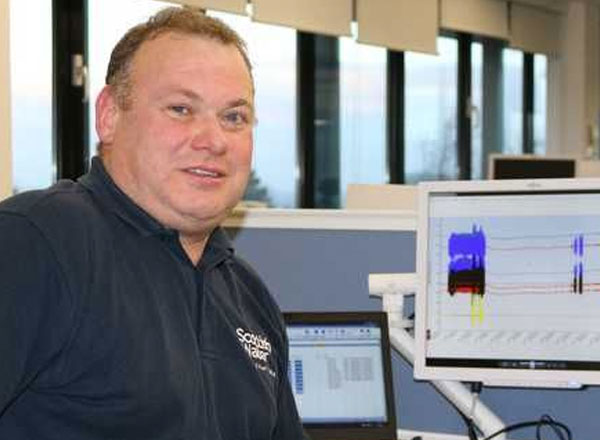

16/04/2025
Construction work on the £5 million repair and refurbishment project at the Loch Centre in Tranent is scheduled to commence in June 2026.
East Lothian Council has announced the anticipated start date for the significant upgrade to the well-used community facility.
Under the current timetable, the
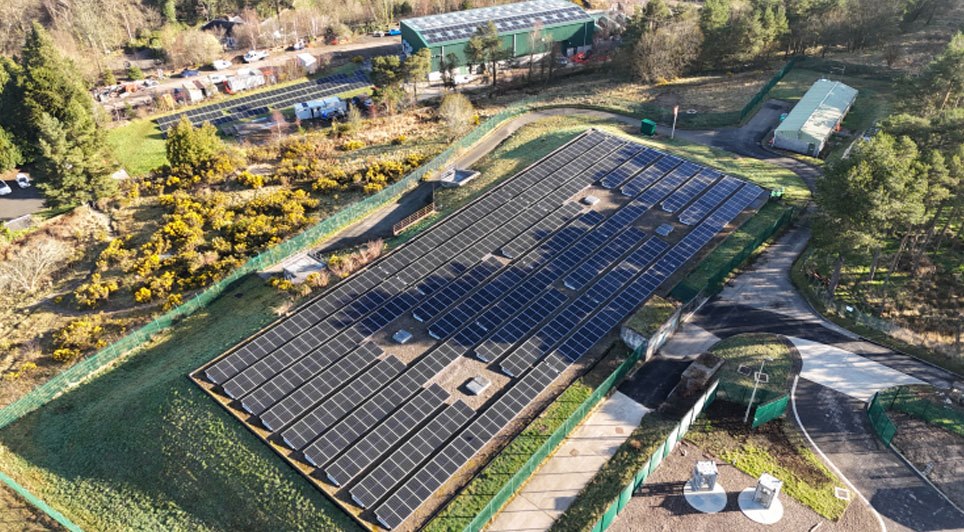
16/04/2025
A £636,000 project to install solar panels at the Gorbals water pumping station in South Ayrshire has been successfully completed.
The scheme aims to provide a renewable energy source for pumping water to thousands of customers in the region.
The project involved the installation of 793 solar pan

16/04/2025
A planning application has been lodged with Glasgow City Council by The JR Group, acting on behalf of Wheatley Group, for the construction of 29 much-needed affordable homes in the Baillieston area of the city.
The proposed development on Caledonia Road will offer a mix of one- and two-bedroom apa

16/04/2025
Residents in 20 blocks of flats across Coatbridge are already experiencing the positive impacts of a recently completed, ambitious energy efficiency refurbishment project.
The extensive construction work has delivered significant improvements to the properties, including the installation of cavity
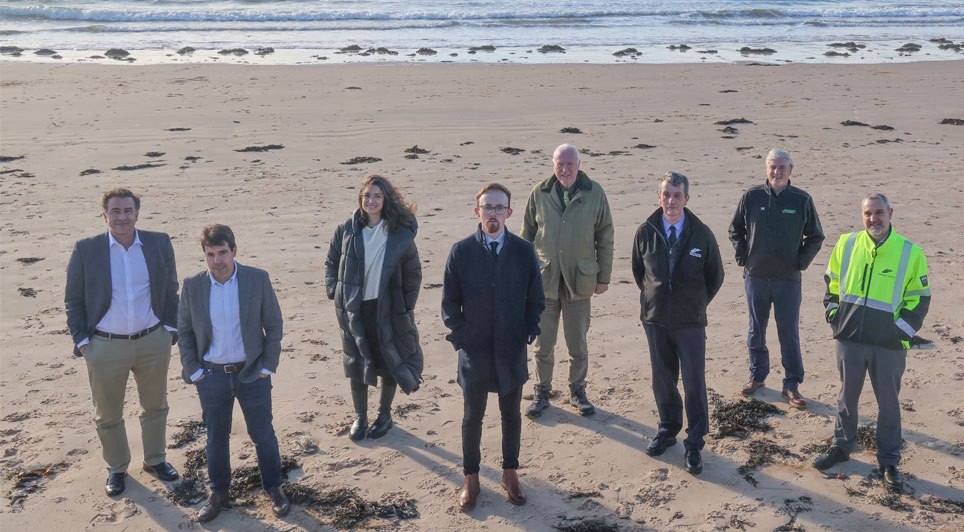
16/04/2025
Ground investigation works are commencing this month at the proposed site for Orkney Islands Council’s Scapa Deep Water Quay at Deepdale in Holm.
These initial investigations will be followed by marine-based site investigation works scheduled to begin in June.
These works form part of the Pre-Con
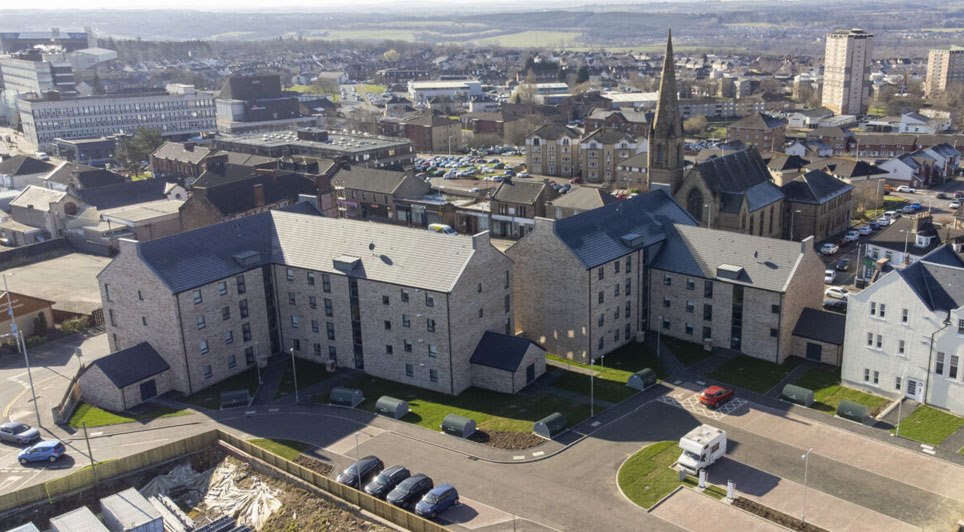
16/04/2025
Construction work has been finalised on a significant new housing development in Motherwell town centre, delivering 42 newly built, highly energy-efficient flats alongside the respectful conversion of the B-Listed YMCA building into a further six homes. The project, part of North Lanarkshire Council
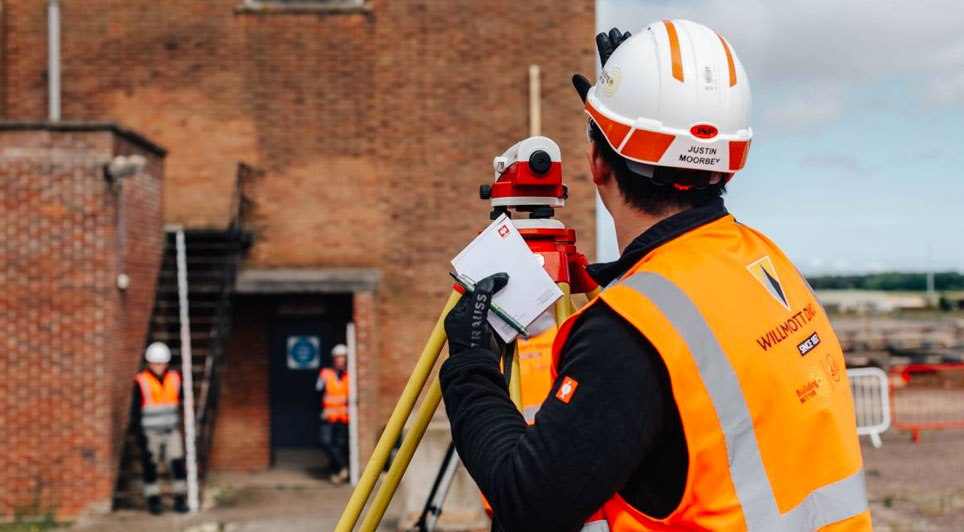
16/04/2025
The Construction Industry Training Board (CITB) has today released its year-end performance data for its New Entrant Support Team (NEST), revealing a significant increase in apprenticeship starts. During the financial year 2024-25, NEST supported 4,128 individuals in commencing apprenticeships, a su
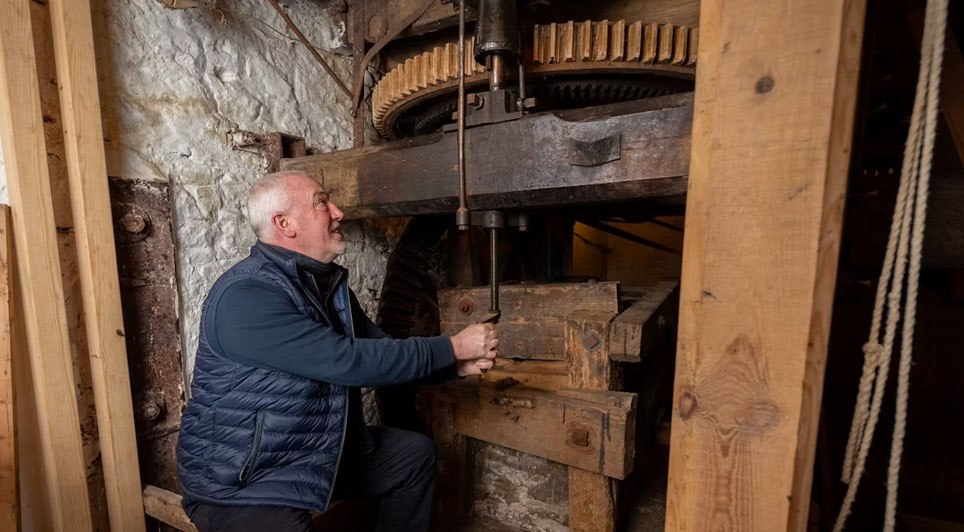
16/04/2025
A water-powered mill in Angus is set to grind grain once again after receiving a record-breaking donation to fund its restoration.
The National Trust for Scotland has announced that a long-time member of the conservation charity has gifted an incredible £2.4 million, one of the largest single dona

15/04/2025
Construction of a £70 million student accommodation development at 292-298 St Vincent Street in Glasgow has reached a significant milestone, with the building now visibly rising from the ground.
Drone footage has captured the progress of the project, which is a partnership between developer Artisa

15/04/2025
Energy regulator Ofgem is expected to confirm today (April 15) its finalised Connections Reform process, designed to expedite grid connections for renewable energy projects that are ready and crucial for achieving the UK's clean power targets for 2030 and beyond.
The new connections system, anticip
 Scotland
Scotland UK
UK Ireland
Ireland London
London











